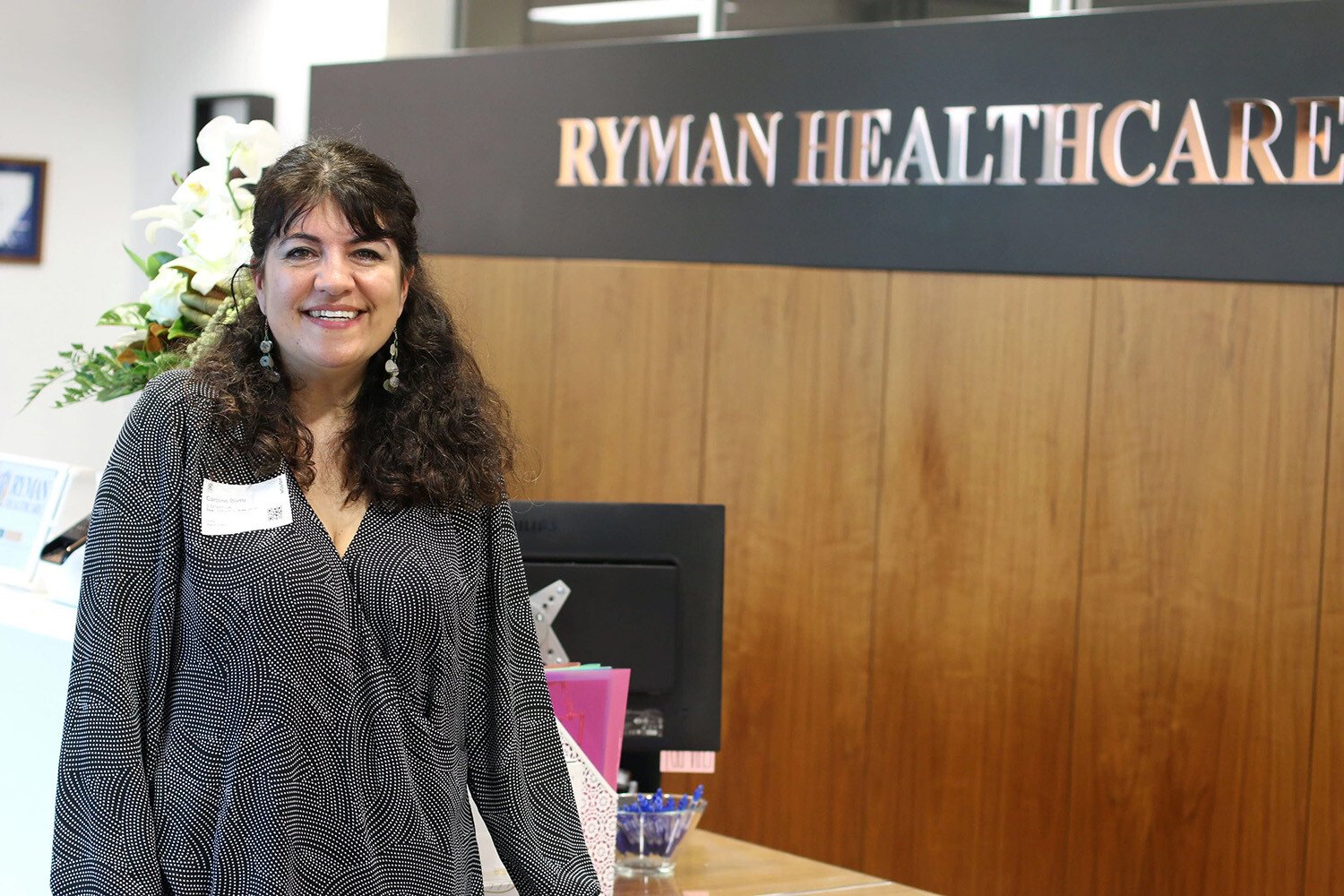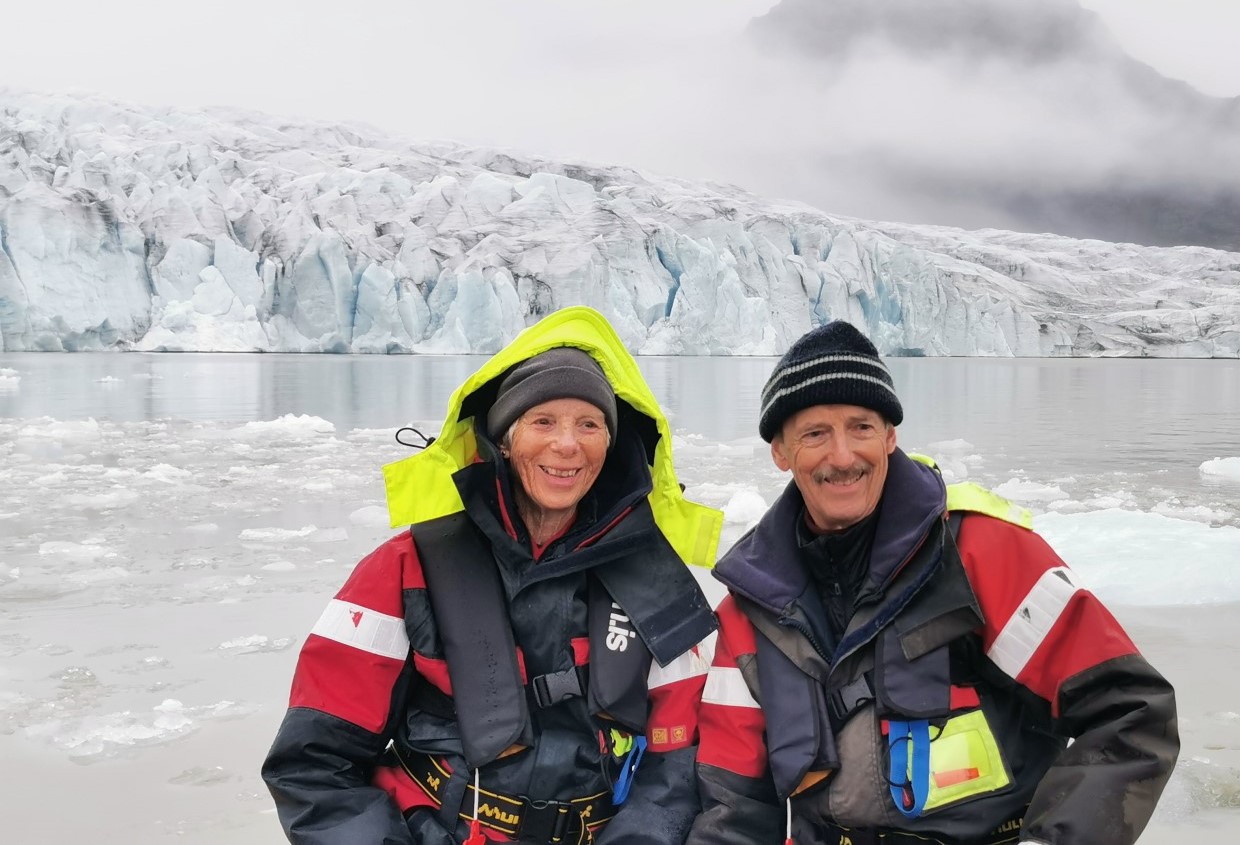Caring for a loved one facing cognitive decline
Caring for a loved one facing cognitive decline

As the population ages, more individuals – particularly retirees – face health challenges, including a higher likelihood of experiencing dementia themselves or having a loved one who does.
Below, you’ll find tips for New Zealanders of all ages on how to live a healthy lifestyle.
It’s also important to consider the coping mechanisms needed by residents who are caring for partners or loved ones showing signs of cognitive decline. At Ryman Healthcare, we place a strong emphasis on kindness and care, qualities are especially relevant as we observe World Alzheimers Month and World Alzheimers Day on September 21.
One notable initiative that embodies these values involves a group of men at Julia Wallace Village. As they worked on a conservation project in the residents' shed, they began sharing their experiences of having wives and partners living with dementia.
The men, having seen their partners experience various stages of the debilitating disease, found great value in sharing their concerns in a group setting.
Aged from their mid-70s to mid-90s, the group includes Allan Pretious, Mason Sillifant, George Judd, Edwin Pain and Eddie Galway. They say that talking about difficult situations, and having a chinwag in the residents’ shed has helped them get through the stress and emotional challenges they’ve faced.
Care for the carers
Ryman Healthcare Dementia Care and Innovations Lead Caroline Bartle says partners caring for a spouse with dementia or Alzheimer’s often face significant stress, and may even experience cognitive decline themselves.
“When we talk about dementia risk reduction and prevention, we typically don't focus on informal caregivers. However, research shows that those providing care are themselves at a higher risk of developing dementia,” she explains.
Caroline adds that it is also very important for all New Zealanders, and not only older people, to make healthy lifestyle choices to help keep their minds sharp.
A recent update in The Lancet Commission report suggests that far more cases of dementia can be avoided or delayed than previously thought.
The report identifies two newly recognised risk factors: untreated vision loss, and high levels of LDL cholesterol, commonly known as ‘bad’ cholesterol.
Risk factors
These risk factors have been added to 12 others identified by the Lancet Commission in 2020, including limited education, hearing loss, depression, traumatic brain injury, physical inactivity, smoking, diabetes, hypertension, obesity, excessive alcohol consumption, social isolation, and air pollution.
Caroline says these risk factors are all important, and people need to remind themselves of what they can do to protect their brain health.
She also highlights the need for spouses and partners of residents, who are facing cognitive decline, to be supportive and to reach out to others for support if extra help is required.
Dementia remains an area of continued research, and studies show that lifelong education and work habits play a vital role, Caroline says. The more cognitively demanding your job is, the more likely you are to build cognitive reserve. Taking part in quizzes or even doing crosswords can be even more beneficial when done with others, as it introduces a social aspect, she adds. Outdoor activities such as biking or walking are also great when enjoyed in groups rather than solo.
“If you’re exercising with other people, you’re being both socially and physically active, and that’s also good for your heart and for the brain.”
General wellbeing
Many Kiwis, including those of us who are older, know intuitively that looking after your general wellbeing is essential to a well-lived life.
Those wanting to keep on track need to be flexible in their thinking, work to reduce stress, and embrace fun. It’s about making the most of your week. While these efforts may not directly align with all 14 risk factors outlined in The Lancet Commission report, they are still valuable to consider.
It is key to keep up strong connections with friends and community groups. This is particularly relevant to those who are making the move to a retirement village, and can be achieved by keeping strong links to family, hobbies, walking groups, or clubs and organisations. If you don’t already have these networks, work on building them and actively seek out new friendships.
As we age, staying engaged in work or volunteering can also provide a meaningful way to contribute and remain active. This can involve participating in a community group, a local centre, or even returning to a previous workplace.
To stay fulfilled, consider engaging in creative activities like pottery, painting, or playing a musical instrument. Mental stimulation also plays a key role in wellbeing; daily challenges like solving Wordle, crosswords, or sudoku are helpful and can lead to more significant projects, such as writing a book.
There are numerous avenues for study, or you might enjoy learning a new language, especially if you're planning a trip abroad. In summary, take advantage of these opportunities to enrich your life and embrace enjoyment.
by Ryman Healthcare | Sep 20, 2024
Subscribe to our blog newsletter
You May Also Like
These Related Stories

From five star hotels to global icons - Ryman chefs serve only the best!

Ryman uses AI tech to create a time machine

